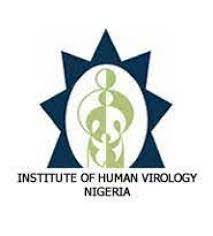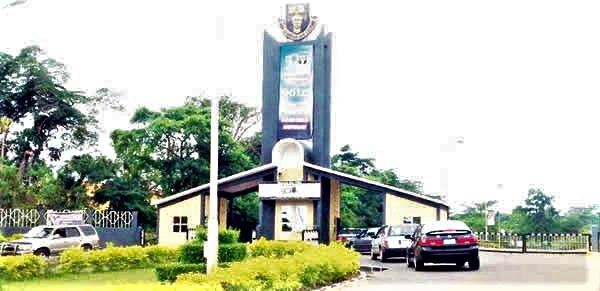The Institute of Human Virology Nigeria (IHVN) says its new campus in Abuja is meant to provide a platform for collaborative research and partnerships for quality health services for Nigerians.
The institute’s Chief Executive Officer, Dr Patrick Dakum, gave the assurance in Abuja when he featured on the News Agency of Nigeria (NAN) Forum in Abuja on Sunday.
Dakum said that the newly completed campus, a seven-storey twin tower in Abuja that would house the International Research Centre of Excellence (IRCE), would promote care and treatment, capacity building and research into infectious and non-infectious diseases in Nigeria.
He added that the building was equipped with hematology, chemistry, Polymerase Chain Reaction (PCR), microbiology, biorepository and gene sequencing laboratories, training centre and office spaces.
According to him, IHVN will continue to drive equitable access to health for both individuals and communities through innovative and evidence-based strategies.
Dakum recalled that the institute received support from partners and corporate organisations during its fundraising and ground-breaking ceremonies for the structure in March and November, 2016.
He added that “the structure represents the possibilities that are attainable in a public-private partnership with the health of Nigerians as the focus.
“The IRCE would encourage mentorship and training on global health methodology, epidemiology, scientific and medical ethics, clinical trials, among other areas.”
The chief executive officer said that the institute was committed to the fight against HIV, tuberculosis and other diseases across the country.
He said: “our efforts have continued to yield results since our establishment in 2004. We have tested more than 15 million individuals for HIV, enrolled over 540,000 clients on treatment for HIV, provided treatment for more than 50,000 individuals with tuberculosis and drug-resistant tuberculosis.
“We have also improved infrastructure of more than 300 health facilities, contributed to the establishment of national reference laboratories, as well as supported over 100 laboratories in the country.
“In the area of capacity building, we have trained close to 50,000 healthcare providers since inception, as well as carried out quality research. All these have strengthened healthcare practices and the system.
“With support of our funders like the U.S. Centre for Disease Control and Prevention, Global Fund to Fight HIV, Tuberculosis and Malaria, the U.S. Agency for International Development (USAID), U.S. National Institute of Health, among others, we have made giant strides.
“This tower reflects our commitment to do more,” he said.












